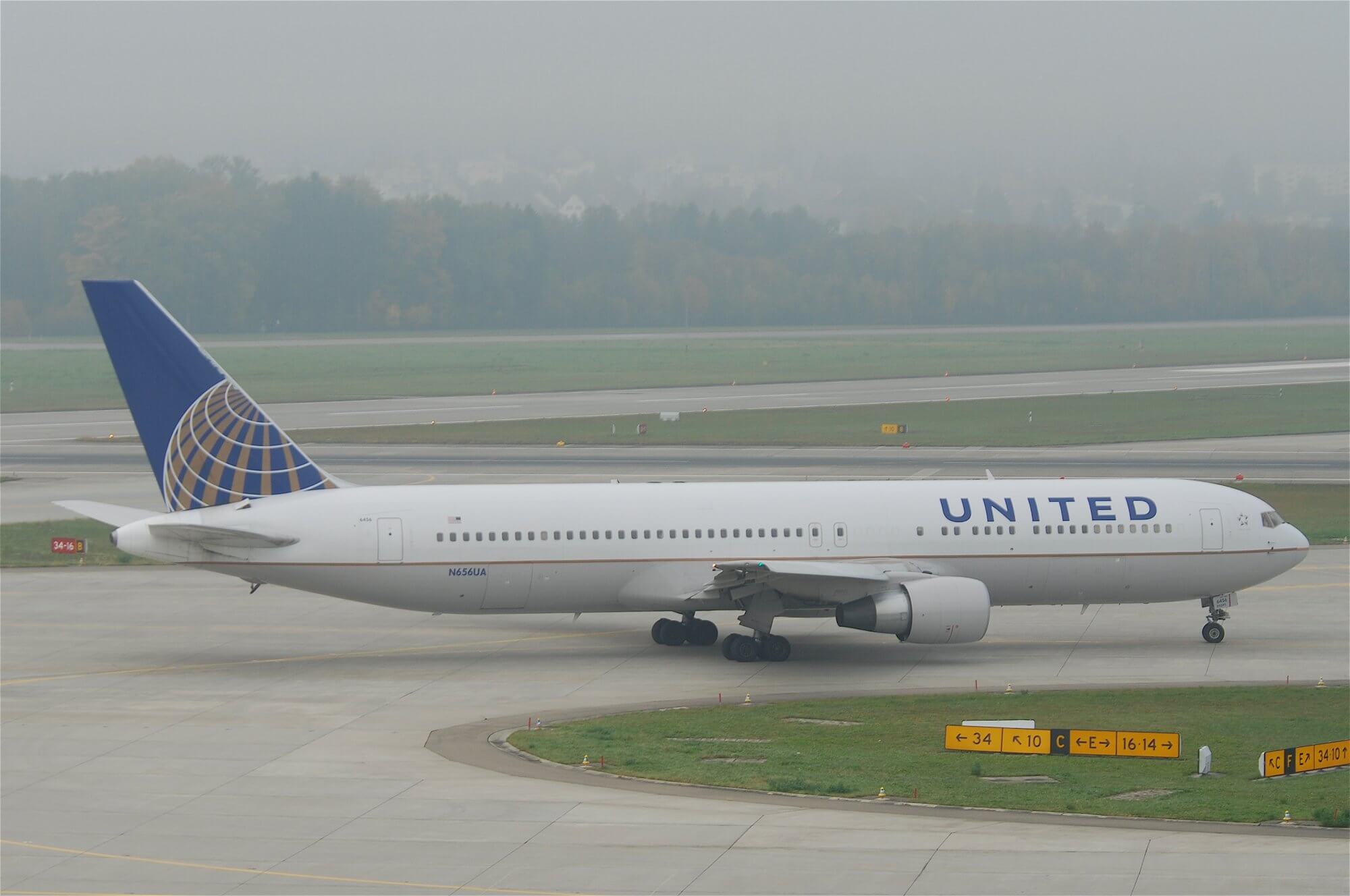by JD Capuano
Bumping passengers already seated on a plane is a bad enough decision. Physically removing a paying customer against their will is incomprehensible. If you haven’t yet watched the video, you should. It should be no surprise United’s stock took a nose dive. After another incident in late March, both having caused social media firestorms, United has a steep hill to climb to win over customers.
It all comes down to leadership
How United got here is really a story of culture, governance and corporate responsibility. For all the claims United makes about customer service and being a responsible corporate citizen, those claims are clearly not reflected in its policies and procedures. Actions are dictated by governance, governance is embodied by policies and procedures, policies and procedures are guided by culture, and culture is set at the top.
So how did the top respond? The CEO, Oscar Munoz, made a first attempt at addressing the situation by taking a sterile tone that put the company’s fear of litigation ahead of customer service. He blew it. His tone was wrong and he did not apologize to the passenger who was forcibly removed (or the other passengers who either agreed to be bumped or bore witness). The PR team also botched the tone of their initial attempts at crisis management. Munoz finally had to go on Good Morning America to get the tone right. During that interview Munoz blamed the incident on a system failure.
The failure Munoz referred to is a policy for a very low-probability situation that doesn’t seem like it was well-thought through. At any company, governance and policy are reflections of culture. Bumping passengers already seated on the plane, while legal, was a terrible business decision driven by a bad policy. Not sincerely apologizing during the first attempt at crisis management was an even worse decision.
Good policies create solutions to low-probability challenges
A lot of us understand why United and other airlines overbook flights. Unsold seats are lost revenue. And I can only image how low of a probability this event seemed: an overbooked flight, all passengers show up, four crew members need a lift, no passengers take the vouchers offered during pre-boarding. But it’s the low probability events that matter most. If United handled this well, there’s a good chance no one would have heard about it. We saw what happened when handled poorly. And this mishandling was by design because of bad policies and procedures.
It will be interesting to see how United changes this policy. Maybe they’ll increase or change the incentives they give. If they had offered a voucher worth more than $400 before people boarded and got comfortable, I bet some passengers would’ve taken the offer. Change the policy to draw a line of bumping to pre-boarding, or allow passengers to say no if asked to leave (especially when they say they have patients to treat early the next morning).
This situation not only reflects United’s culture, but must have damaged it further by putting customer-facing employees in an very difficult position. Who wants to bump a passenger who’s already seated on the next flight while all the other passengers are watching, listening and filming or live streaming? What pilot or crew member wants to catch a ride to their next gig only to be heckled by surrounding passengers?
Leadership, trust, and the bottom line
United leadership needs to do some soul searching because competition for customers and talent is fierce. The search for talent now and in years to come will be exacerbated by a looming pilot shortage. Will United get the picked over pilots or cut into their bottom line to offer higher salaries to attract and retain good pilots? Trust also matters when attracting customers who are willing to pay a little more than the lowest fare to feel better about the purchase. Beyond trust, more of us seek purpose in our work. While United has had some good stories in the past few years, the bad seems to drown out the good, highlighted by recent events suggesting a culture that doesn’t provide a strong sense of purpose.
Munoz has been at the helm of United for over a year and a half. This is his legacy. It’s also his opportunity to change that legacy by taking the necessary steps to earn trust and reinvigorate the purpose behind the brand. The responsibility you display as a corporate citizen isn’t just about your charitable giving or sustainability measures, it’s reflected in all choices, both large and small. How you plan for low probability events ”like the one United mishandled this week” speaks volumes about who you are and what you stand for as a company. While investors may get over this quickly, passengers are less likely to, and that would be the most serious repercussion of this debacle.
United has a long road ahead if it’s serious about turning around perception. That road involves figuring out what they stand for and making changes to satisfy stakeholders, not just shareholders.



